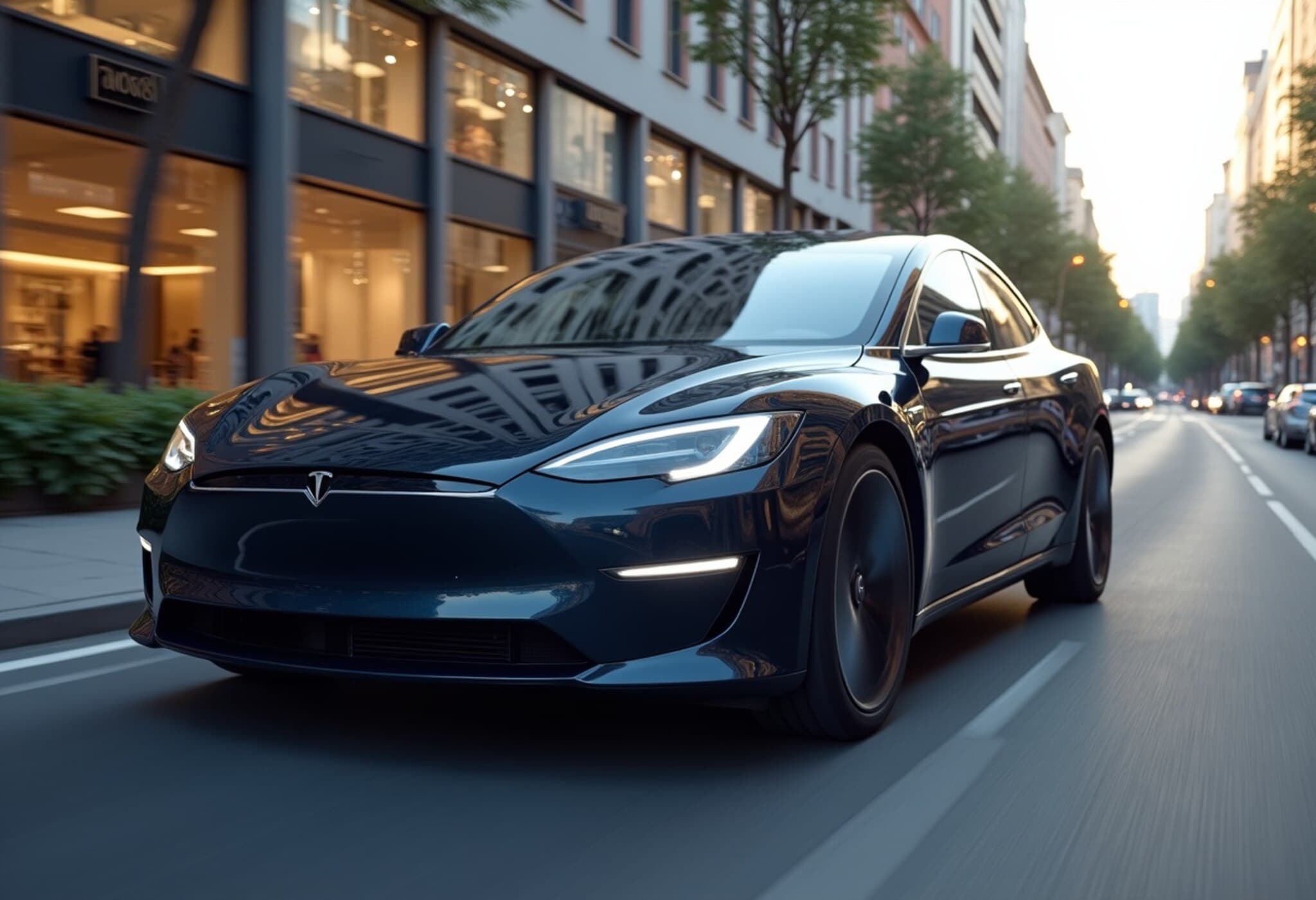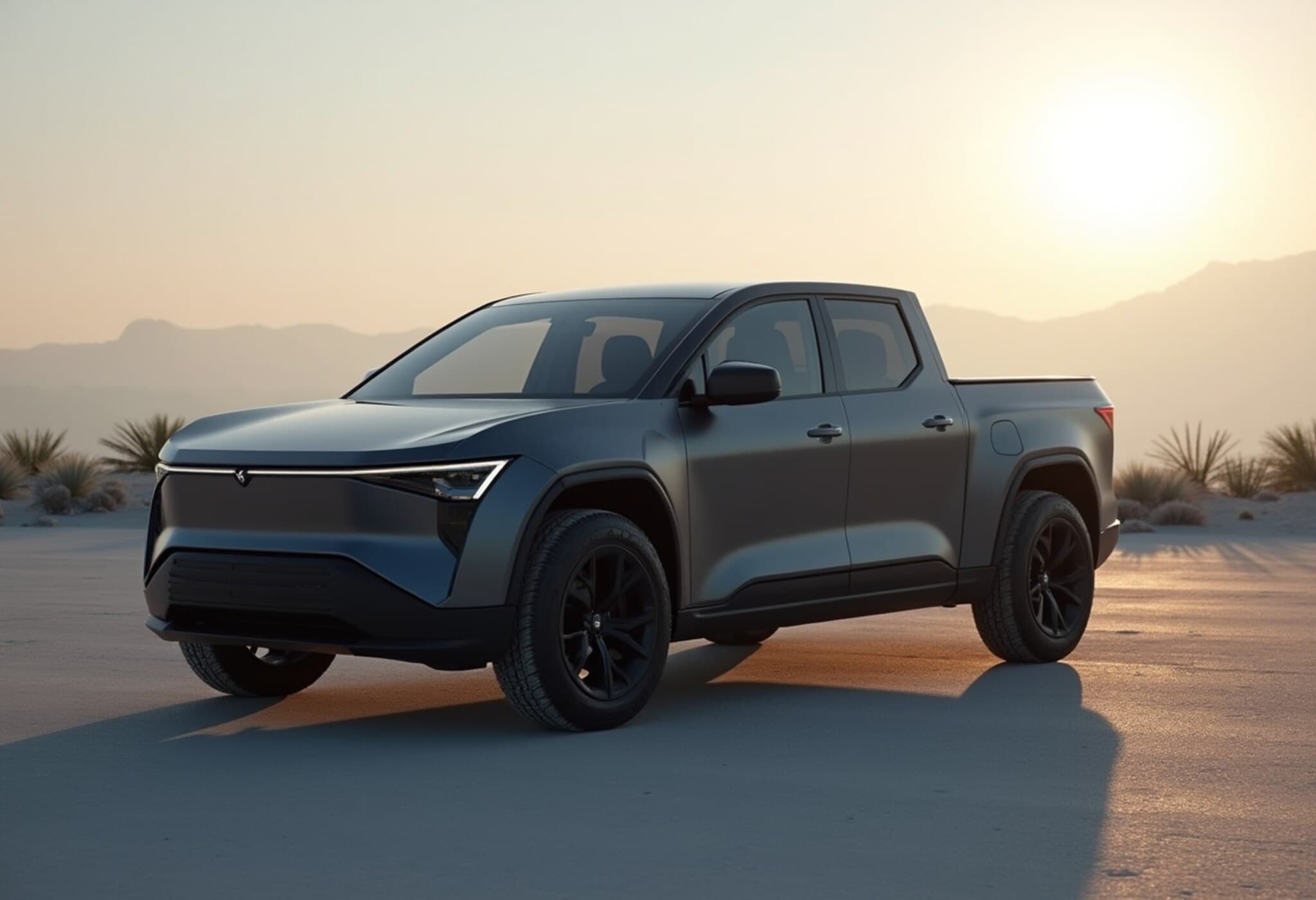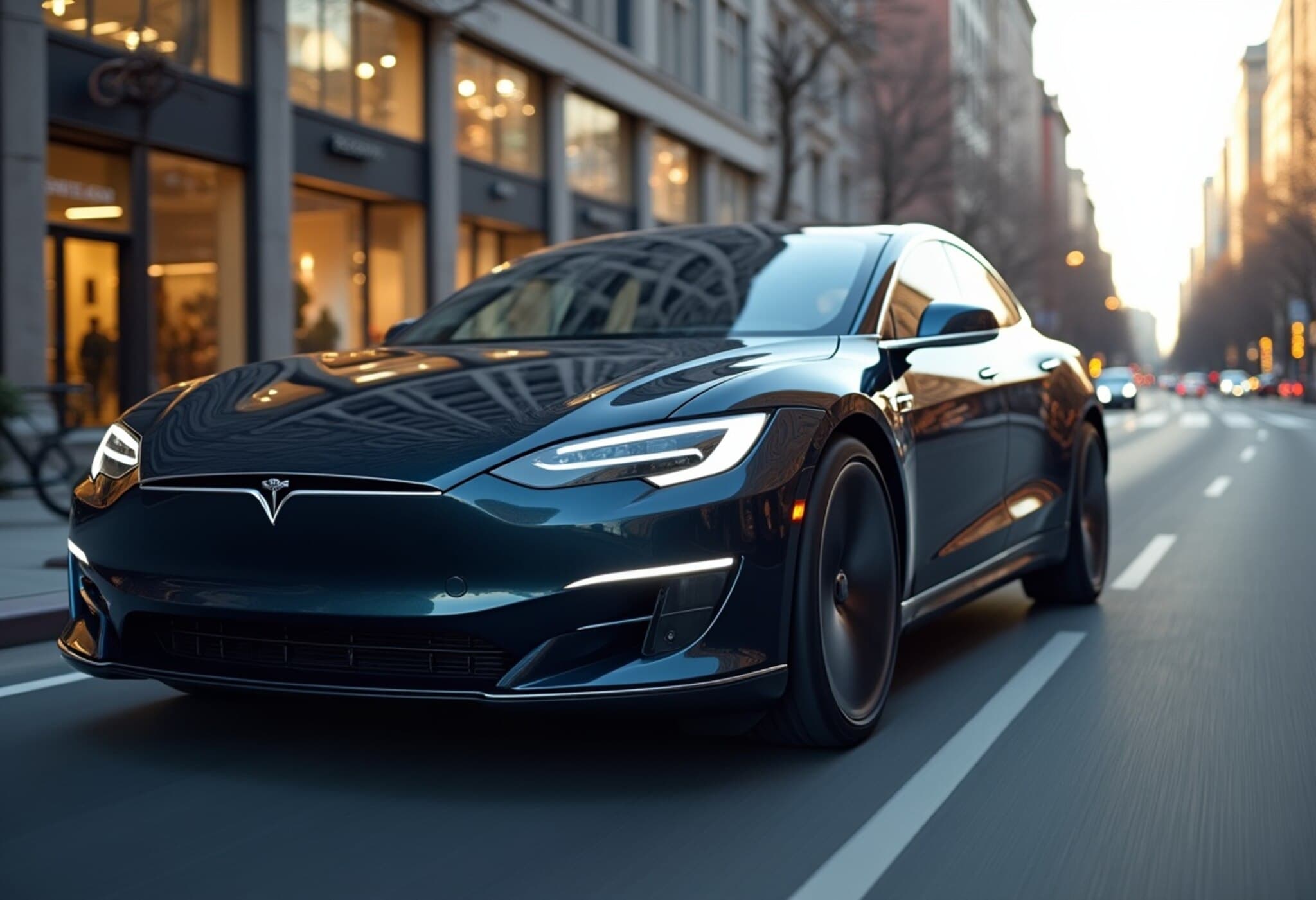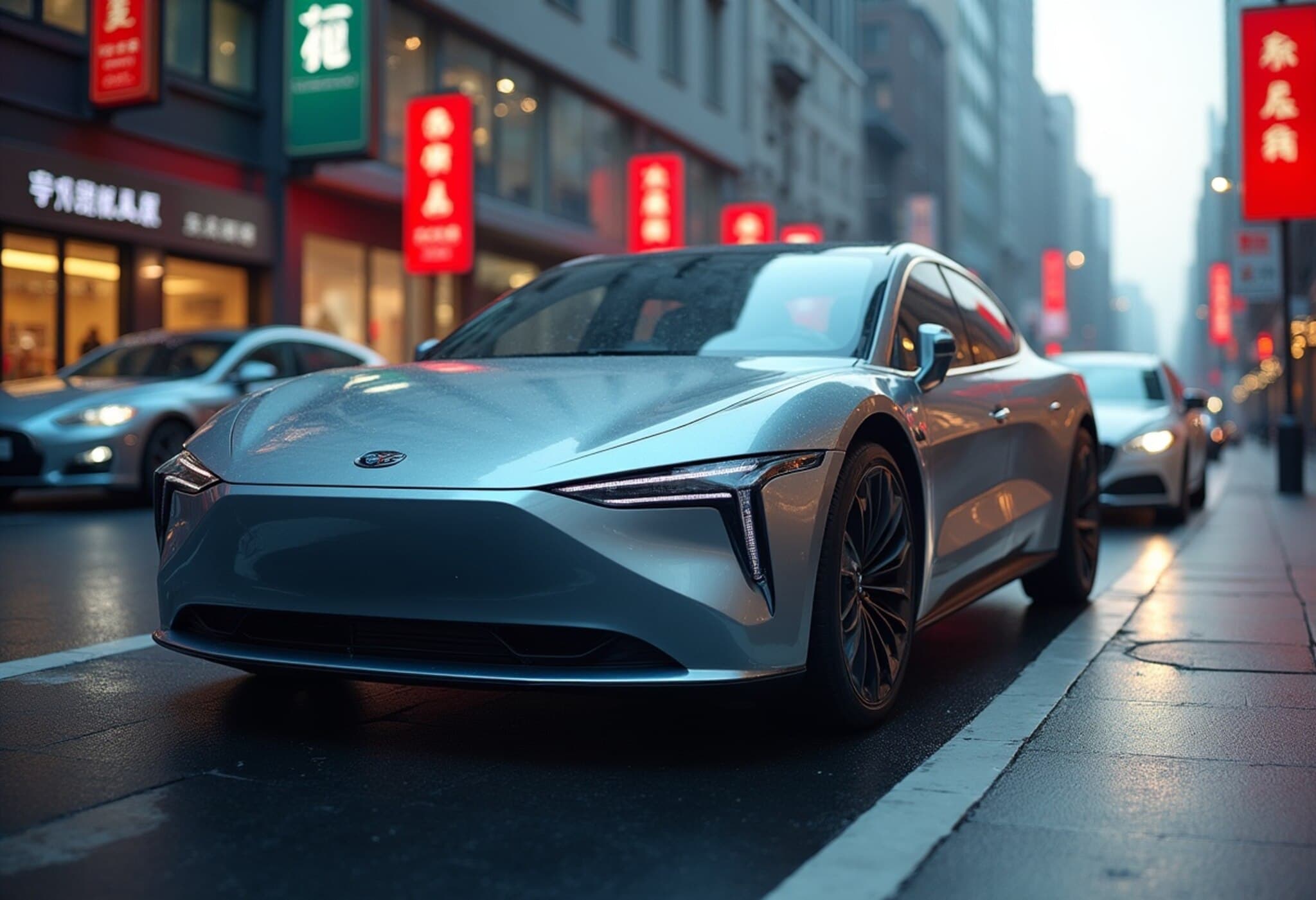Ford Commits $2 Billion to Louisville Plant for Affordable Electric Vehicles
In a bold move signaling the future of American automotive manufacturing, Ford Motor Company announced a $2 billion investment in its Louisville, Kentucky assembly plant, aiming to produce more budget-friendly electric vehicles (EVs). This investment is part of a broader strategy to make EVs accessible while creating thousands of new jobs.
Investment Complementing Michigan Battery Park
This fresh $2 billion funding adds to Ford’s existing $3 billion commitment to a cutting-edge battery plant in Michigan, dedicated to producing lithium iron phosphate (LFP) batteries domestically. Together, these initiatives are expected to generate nearly 4,000 new jobs, revitalizing American manufacturing hubs and strengthening the supply chain away from foreign dependencies—especially on China.
Introducing the “Universal EV Program” and a New Electric Pickup
Central to Ford’s vision is the “Universal EV Program,” a concerted effort to produce affordable EVs that meet high standards of design, innovation, and driving experience without compromising cost-effectiveness. The flagship vehicle for this initiative will be a midsize, four-door electric pickup, slated for production at the Louisville Assembly Plant by 2027.
Ford CEO Jim Farley likened this milestone to a "Model T moment," underscoring the ambition to democratize EV ownership. The new electric pickup is projected to start at around $30,000, a price point reminiscent of the original Model T when adjusted for inflation, marking a dramatic step toward mainstream EV adoption.
Addressing Global Competition and Supply Chain Independence
Farley emphasized that the automotive industry currently stands at a critical junction shaped by rapidly evolving technologies and intensified global competition. With new players such as BYD from China and various tech startups entering the automotive space, legacy manufacturers like Ford face both pressure and opportunity.
“We knew that the Chinese would be the major player for us globally... We needed a radical approach and a really tough challenge to create an affordable vehicle,” Farley stated during the Louisville announcement event.
Notably, Ford highlighted its commitment to assembling LFP batteries domestically, a strategic move away from reliance on imported Chinese battery technology. This not only enhances national supply chain resilience but also aligns with government incentives encouraging American-made EV components.
Economic and Regional Impact
The investment promises to invigorate the Louisville region through job creation and technological advancement, supporting blue-collar workers transitioning into the growing EV manufacturing sector. Moreover, by developing more affordable EV models, Ford is poised to broaden its consumer base, including middle-income Americans increasingly seeking sustainable transportation options.
Looking Ahead: Challenges and Opportunities
- Market adoption: The $30,000 price tag may redefine affordability in the EV market, challenging competitors to follow suit.
- Technological hurdles: Scaling production of LFP batteries domestically requires continual innovation and investment.
- Supply chain dynamics: Building resilience against geopolitical risks remains a priority for automakers.
Editor’s Note
Ford’s substantial investment in Louisville signals more than just a manufacturing escalation—it reflects a strategic pivot in the race to mass-market electric vehicles. This initiative raises critical questions about how legacy automakers can maintain competitiveness amid shifting global dynamics and consumer expectations. Will domestic battery production and affordable EV pricing redefine America’s automotive landscape, or will emerging global players outpace traditional giants like Ford? Time will reveal the lasting impact of this ambitious endeavor.















